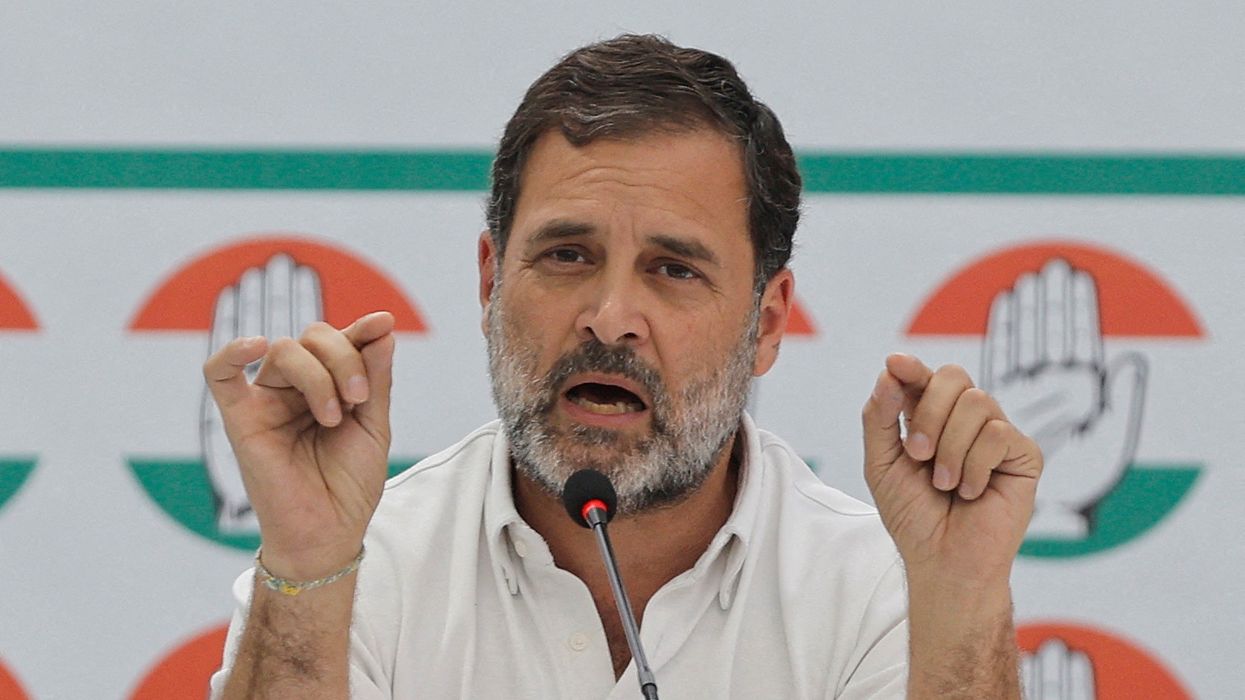India's main opposition Congress party said on Friday that Rahul Gandhi, the face of the party and its former president, will contest general elections from the family bastion seat of Raebareli in north India as well.
The decision of the party and the family to field Gandhi from the seat in Uttar Pradesh state signals their confidence to take on the political might of Prime Minister Narendra Modi's Bharatiya Janata Party (BJP).
It is also expected to boost the morale of party members in a key state from which it has been almost wiped out by BJP and regional players. Uttar Pradesh is India's most populous and elects the most lawmakers and a party needs to win a large number of seats here to win power nationally.
India's general elections got underway on April 19 and the country will vote in seven phases until June 1, with votes set to be counted on June 4.
Congress has ruled India for 54 of its 76 years since independence from Britain, and members of the Nehru-Gandhi family were prime ministers for more than 37 of those 54 years.
The adjoining seats of Raebareli and Amethi have been strongholds of the family for decades as they have elected generations of Gandhis or their close relatives since the 1950s.
However, the party itself has sunk to historical lows since it was swept out of power by Modi in 2014 and has been struggling to revive itself.
While Rahul Gandhi's Italian-born mother Sonia won from Raebareli in 2019 - the only seat Congress won of the 80 in Uttar Pradesh - Rahul lost from Amethi in a shocking defeat at the hands of BJP minister Smriti Irani.
He entered parliament from the second seat he had contested from Wayanad in the southern state of Kerala. He is in the fray from Wayanad, which voted on April 26, this time as well.
This year, Sonia decided against contesting from Raebareli and instead entered the upper house of parliament through indirect elections.
Local media reports had since said that her daughter Priyanka Gandhi Vadra, 52, was likely to make her electoral debut and contest from Raebareli while Rahul Gandhi,53, would stick to Amethi.
India allows a candidate to contest more than one seat but they can keep only one if they record multiple victories. (Reuters)




